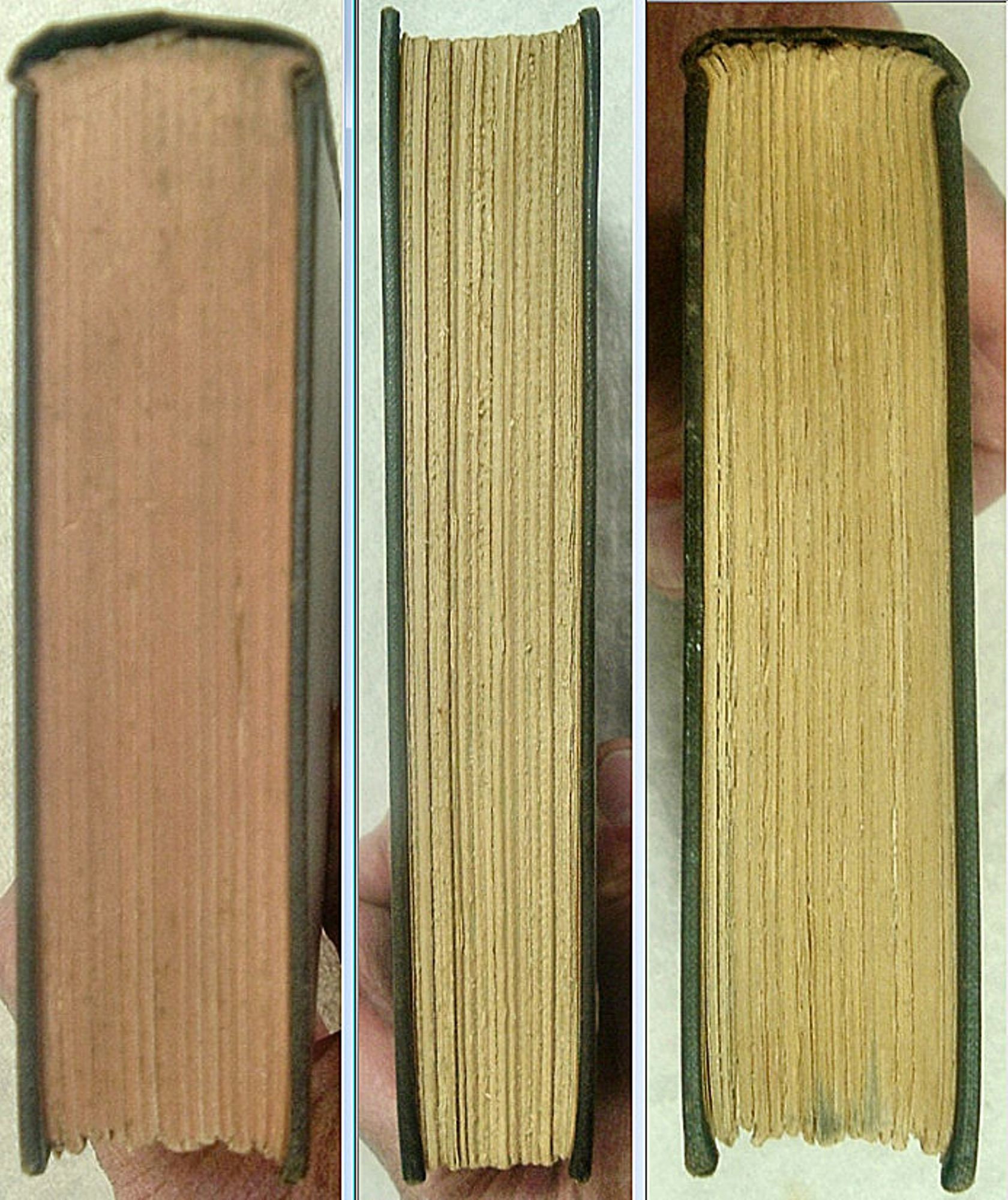

White, ‘We Are All “Cats in the Rain”’, Fitzgerald - Hemingway Annual (1978) pp. 103.įor the theory that the presence of Uncle George at the birth of the Indian woman’s child can be explained only if he is the father of the baby, see Gerry Brenner, Concealments in Hemingway’s Works (Columbus, Ohio: Ohio State University Press, 1983) p.

Philip Young, Ernest Hemingway (New York: Rinehart, 1952), reprinted in Weeks (ed.), Hemingway: A Collection of Critical Essays as ‘Adventures of Nick Adams’.

Weeks (ed.), Hemingway: A Collection of Critical Essays (Englewood Cliffs, NJ: Prentice-Hall, 1962) pp. Leslie Fiedler, Love and Death in the American Novel (New York, 1960), reprinted in Robert P. This process is experimental and the keywords may be updated as the learning algorithm improves. These keywords were added by machine and not by the authors. However, such a reader may well become suspicious when he is told that Hemingway is ‘only really comfortable’ when dealing with men without women and that the world of male companionship is ‘simple and joyous’. No reader who has shared Fiedler’s embarrassment with the ‘inarticulate sentimentality’ of the dialogue between Jake Barnes and his arch-buddy ‘Good old Bill’ at Burguete can fail to be grateful for this perspective on the ‘earthly paradise for men’. Since the strategy here, as throughout Love and Death is to foreground the theme of male companionship in American literature, Fiedler’s verdict on the women in Hemingwa’s fiction is hyperbolic, but that, perhaps, is a price worth paying for the perception that ‘the West’ in Hemingway is not limited to the geographical West of the United States but is a ‘world of male companionship and sport, an anti-civilization’ whether in the mountains of Spain or the hills of Africa. Hemingway, he believed, was much addicted to describing the sexual act in his fictions - it is the ‘symbolic center of his work’ 1 - but since he did not succeed in making his females human, the sexual encounters described in his writings are either ridiculous or horrible the ‘women’ are fantasy figures whose function is to gratify the men’s desires, and the act is nothing more than a wish-fulfilment or, in Fiedler’s brutally frank words, a wet dream. The ‘however’ was central to Fiedler’s argument. ‘There are, however, no women in his books!’ wrote Leslie Fiedler in Love and Death in the American Novel (1960).


 0 kommentar(er)
0 kommentar(er)
